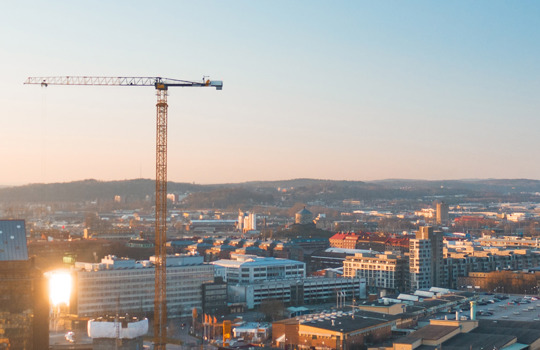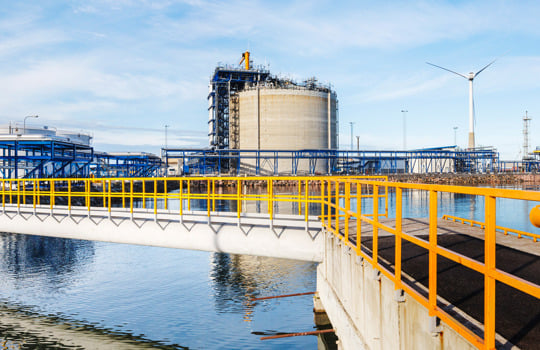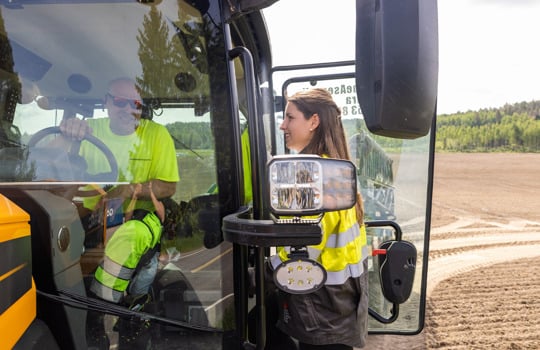European push for biomethane
For years, biogas remained largely outside the limelight of the EU's energy policy. While various Member States supported biogas production with different support mechanisms, it was not a central focus of EU policy. However, there has been a dramatic shift in biomethane interest over the past year.
In May 2022, the European Commission presented the REPowerEU Plan, a response to the hardships and global energy market disruption caused by Russia's invasion of Ukraine. The plan includes a specific Biomethane Action Plan, aimed at stimulating the renewable gas value chain and achieving the production of 35 billion cubic meters of biomethane by 2030. This would mean a tenfold increase in the biomethane production in 2030. In effect this will reduce Europe's dependence on natural gas from Russia in a cost-effective way while contributing to an integrated net-zero energy system, diversifying farmer's incomes, and promoting circular practices. It will also increase the production of bio fertilizer around Europe and thereby lower the EU’s import dependance on fertilizers.
To increase European biomethane production tenfold in just seven years, stakeholders along the biomethane value chain must work together. In October 2022, the European Commission, Member States, and industry leaders (including Gasum) launched a Biomethane Industrial Partnership (BIP) to support the achievement of the EU's biomethane production target for 2030 and create the preconditions for a further ramp up of its potential towards 2050. The BIP provides a platform for strategic discussions among key stakeholders along the whole value chain on how to best support biogas and biomethane production and use.
While the REPower Plan sets the general direction for biomethane, additional EU legislation provides the regulatory framework. For example, the revised Renewable Energy Directive, FuelEU Maritime iniative, Decarbonised Gas Market Package, introduction of ETS for road transport and maritime, and revision of the Energy Taxation Directive all provide strong regulatory support for further production and use of biomethane.
For Gasum this is proof that our strategy and belief in biomethane is well founded. Taken together the different initiatives and regulations coming out of the EU will greatly strengthen the role and importance of biomethane. By 2030 we will see a much larger European market for biomethane both in supply and in demand.
In our new strategy we are focusing heavily on making sure that we contribute to this development. By 2027 we aim to make 7 TWh of biomethane available for our customers. This will be done through an ambitious investment plan in our own biomethane production, the first plant is already being built in Götene in Sweden and four more are in the pipeline. We will also import much more biomethane from the growing European market to ensure that our customers can join the transition to becoming fossil free.
As one of the biggest producers of biomethane in the Nordics we see that the winds are certainly blowing in the right directions for biomethane. We are already a part of that change, and we are ready to provide green solutions to players in the maritime, industry and traffic segment.
Column writer Juha Ala-Huikku is Public Affairs Manager at Gasum.



